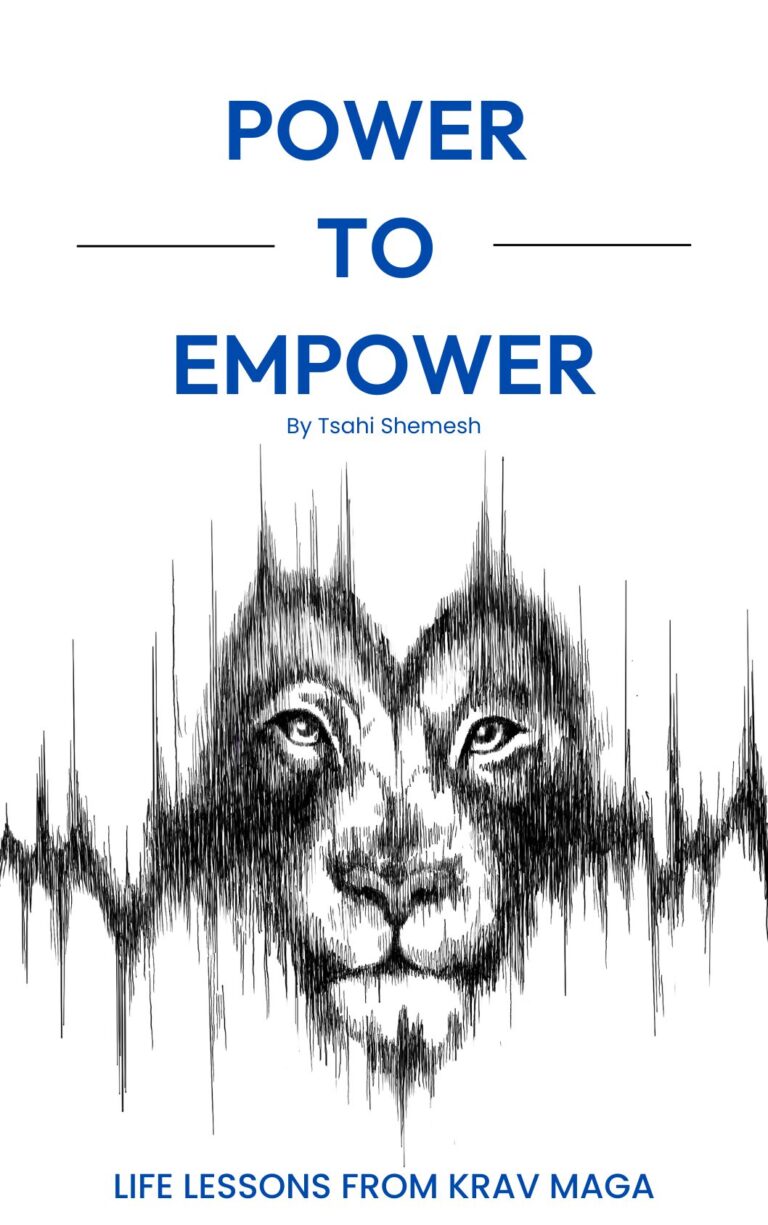AI (artificial intelligence) is the latest news. It helps many individuals complete projects much faster and often at a higher level than they could do so independently. Undoubtedly, it will help keep costs down for many businesses as production increases and the need for physical manpower decreases.
On the other hand, many friends of mine have been complaining about being replaced by AI: Photographers, actors, models, writers, inventory managers, data entry clerks, stock traders, and the list goes on and on. This list will continue to grow by the day. It changes industries and leaves many people being unessential, while only a year ago, they were an integral part of their company’s success.
Even this blog could be written by AI, and likely, most readers wouldn’t notice it. But if I used chat GPT, I wouldn’t be able to express myself as much. The content would be generated quickly but not accurately and not true to my own personal voice.
So why am I writing about AI, and how is AI relevant to Krav Maga?
In the realm of martial arts and self-defense, there’s an age-old adage that goes beyond technique and form – and it’s the importance of training under stress. Krav Maga is known for being the most effective self-defense system and it epitomizes this principle. While technological advancements have brought us AI-driven teaching methods that can simulate great instruction, the human touch remains irreplaceable, especially when it comes to imparting skills that must be executed under pressure and applied in day-to-day life.
Krav Maga, with its roots in military training, emphasizes quick, instinctive movements that can be life-saving in real-world situations. It’s not just about mastering techniques but also about conditioning the mind and body to respond appropriately when faced with danger.
Here’s why AI, no matter how advanced, can’t replicate the essence of a skilled Krav Maga instructor.
- Human Connection and Adaptability: Learning Krav Maga is a dynamic process that involves more than just following instructions. A skilled instructor understands the unique needs and limitations of each student. They can gauge a student’s physical fitness, mental state, and emotional reactions, to adapt their teaching style accordingly. This personalized approach builds trust and rapport, allowing the student to push thru beyond their perceived limits. AI lacks the empathy and emotional intelligence necessary to establish this deep human connection.
- Real-time Feedback and Correction: In a high-stress situation, split-second decisions matter. Krav Maga techniques must be executed flawlessly for them to be effective. A human instructor provides real-time feedback, making subtle adjustments to a student’s posture, movements, and timing. This level of correction is vital for muscle memory development and ensures that techniques become instinctive responses. AI can offer feedback based on algorithms, but it can’t perceive the nuances of a student’s body language and make instant, precise corrections.
- Creating Stressful Scenarios: One of the hallmarks of Krav Maga training is replicating stressful situations to simulate real-life danger. Instructors gradually increase the intensity of training, exposing students to controlled stressors that mimic actual threats. This helps students learn to manage fear and panic while executing techniques. While AI can simulate scenarios, it can’t replicate the authentic stress that a live instructor can induce, including the unpredictable variables that arise during training.
- Instinctive Responses Under Pressure: Krav Maga techniques are designed to become instinctive responses. This transformation from conscious thought to instinct takes time, repetition, and consistent practice under pressure. Human instructors understand how to push students to their limits while ensuring they remain focused and in control. AI lacks the intuition to gauge a student’s mental state and adjust training accordingly.
- Adaptation to Individual Progress: Every student progresses at their own pace. A skilled Krav Maga instructor can recognize when a student is ready to move on to more advanced techniques. They know when to challenge and when to reinforce the basics. This personalized progression is key to building a strong foundation and preventing students from being overwhelmed. AI, although capable of tracking progress, can’t make nuanced decisions about a student’s readiness to move forward.
And here’s why AI, can’t replace the “community” and its practical effects on the personal growth of the individual student, their relationship to others and the greater world:
- Human Connection and Shared Wisdom:
Community often involves sharing experiences, insights, and wisdom with others. Interacting with fellow seekers, mentors, or instructors allows for the exchange of diverse perspectives and the validation of one’s own journey. - Self-Exploration and Reflection: Exploring one’s own spirituality frequently requires space for deep introspection and self-awareness. Engaging with one’s own thoughts, emotions, and beliefs in a meaningful way is a uniquely human endeavor that contributes to personal growth.
- Mindfulness and Presence: The practice of mindfulness and being present in the moment is a cornerstone of spiritual development. While fitness and meditation apps and AI-guided practices can offer knowledge, the essence of mindfulness lies in the individual’s conscious effort to be present.
- Compassion and Empathy: Many traditions emphasize cultivating qualities like compassion, empathy, and kindness. These virtues are nurtured through connecting and identifying with other students and the practice of understanding their perspectives and feelings.
- Rituals and Symbolism: Class rituals like “Kida” and symbolic practices showing respect towards classmates and opponents play an important role in community. These rituals often have deep cultural and emotional significance that can’t be replicated solely through technology.
- Overcoming Challenges: Spiritual growth often involves confronting challenges, doubts, fears and inner struggles. These challenging experiences contribute to personal transformation and are part of the human journey toward growth and self-discovery.
- Personal Transformation: In the end it is about evolving and transforming oneself. This process is deeply personal and requires conscious effort, reflection, and sometimes guidance from mentors or leaders.
Incorporating technology mindfully into one’s spiritual journey can enhance certain aspects along the way, but it’s important to remember that technology serves as a tool, not a substitute, for the intricate tapestry of human connection, practice, and the self-discovery that contributes to spiritual growth.
In conclusion, while AI continues to revolutionize education, it cannot replicate the essence of a skilled Krav Maga instructor. The human touch, adaptability, emotional connection, and ability to impart skills under stress are irreplaceable.
Think again, before you think about leaving your yoga instructor, quitting your pilates practice, or replacing an experienced martial arts instructor. The gains are not nearly as great as the losses. Many physical disciplines are as much about mastering the mind as it is about mastering the body.
The experience of training under human guidance is an essential component of becoming proficient in these skills. While AI can assist in various endeavors, it cannot replace the nuanced, instinctive, and human-centric approach required for mastering physical skills to be deployed in stressful situations. There may come a time that the capabilities of Artificial Intelligence will prove me wrong, but I can’t see just how, yet.
Do something amazing,
Tsahi Shemesh
Founder & CEO
Krav Maga Experts

